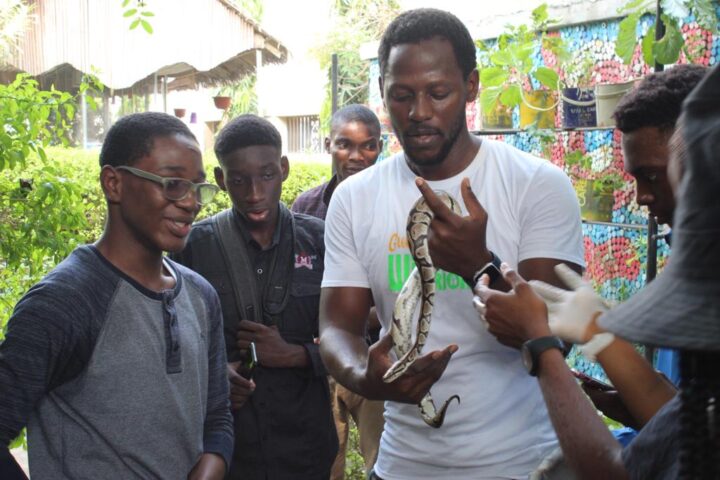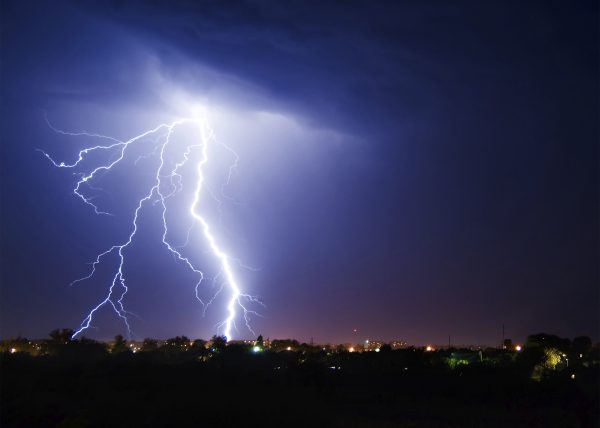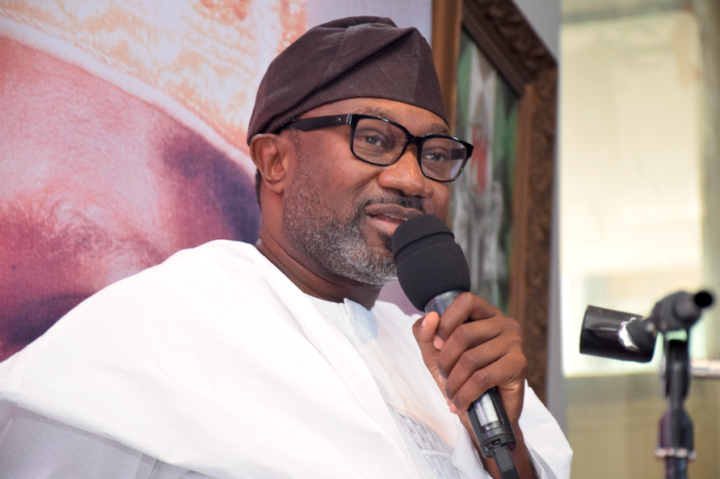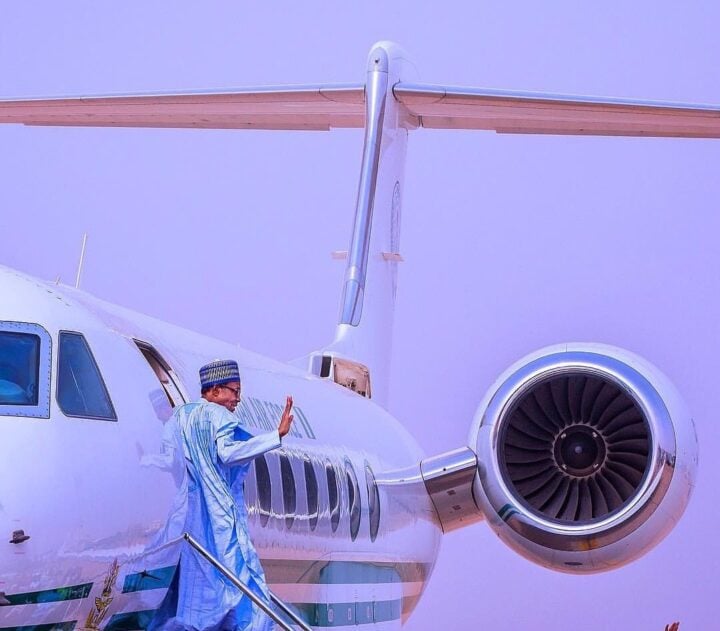As early as the age of six, Chinedu Mogbo, a 36-year-old native of Anambra state, would pick up stray animals and bring them home to the shock of his parents. He was fascinated by animals and would always want to be around them. Little wonder he grew up enjoying the company of animals more than humans.
With eyes closed and head swinging from side to side, Chinedu spoke to TheCable, reminiscing about his childhood and where the flare for conservation came from.
Mogbo, who attended the Federal Government College, Odogbolu, Ogun state, said his passion was born while in school. Though he had noticed his love for animals at an earlier age, Mogbo said being in a school environment surrounded by forests made him realise that his passion would possibly run through life with him.
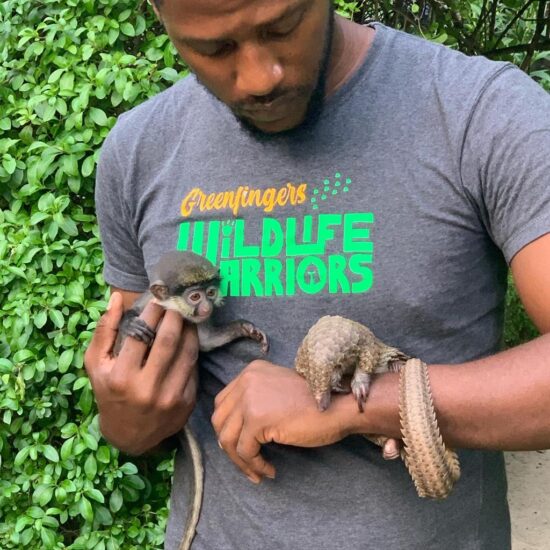
“I’ve always wanted to be around animals as far back as I can remember. You could hardly find me indoors because I was always outside looking up at the trees or looking under a rock. I was fascinated by animals,” Mogbo said.
Advertisement
“My high school allowed me to pursue that passion for wildlife. The school was surrounded by a forest and at times, we would have snakes, birds, and scorpions crawl into our classrooms.”
But instead of running away from them, Mogbo was drawn to them. He said he would sometimes take either birds or rats, put them in a self-made carton cage and cater for them daily.
As the saying goes, part of one’s soul remains unawakened until one has loved an animal. Mogbo said hanging out with these animals excited him so much that the experience as a child was key to his growth as a conservationist.
Advertisement
KEEPING THE CONSERVATION LOVE AGLOW
The path Mogbo chose did not sit right with his parents and so when it was time for him to go to the university, they would go on to ask him to practise another medical-related course asides from the veterinary.
Mogbo then went ahead to secure a bachelor’s degree in biomedical science at the University of Montfort and a master’s degree in public health from the University of Warwick.
During his time in the UK, he knew he was missing out on what he would rather be doing instead. And so, in order to fill that void, he would always visit zoos and pet homes to spend time around animals. This, he said, kept the flames of his love for animals ablaze.
Advertisement
“While in the UK, because it was a different environment, I had to visit zoos and pet shops to go see the animals. Then, when school is on break, I will visit every single pet shop and zoo within the city and in the neighbouring cities. I did this all through the years I was there. It was like a routine and this helped keep the fire alive,” he said.
Describing himself as a “curious kid”, Mogbo said he would visit those places wanting more than just to see the animals, but also to ask questions, read and learn about them from the keepers.
THE BIRTH OF A WILDLIFE SANCTUARY
Returning to Nigeria in 2012, Mogbo said one thing he realised was that “Nigerians did not consider wildlife to be a priority”; and he wanted to do something about it. But with limited resources, he only managed to convert his backyard into a place for keeping a few animals he spent time with.
Advertisement
“I didn’t really have any kind of big dreams. I just wanted to help the animals I see on a daily basis. So, I decorated an area behind my family house, planted flowers, built a wooden cage and started keeping animals there. I visited the wet market and places my dad used to take me as a kid to get these animals,” he said.
At these “bush markets”, Mogbo said sometimes he had to save animals that were on the brink of being slaughtered.
Advertisement
“I would usually see some kind of animals I’ve never seen before. I would bring them and put them in a different space. Try to get what they will eat, provide for them,” he said.
But this was strange to a lot of people as they kept “wondering what I was doing, saying I’m wasting my money and my time”. But Mogbo kept at it. This, he said, cost him his youthful years which he sacrificed just to look after the animals.
Advertisement
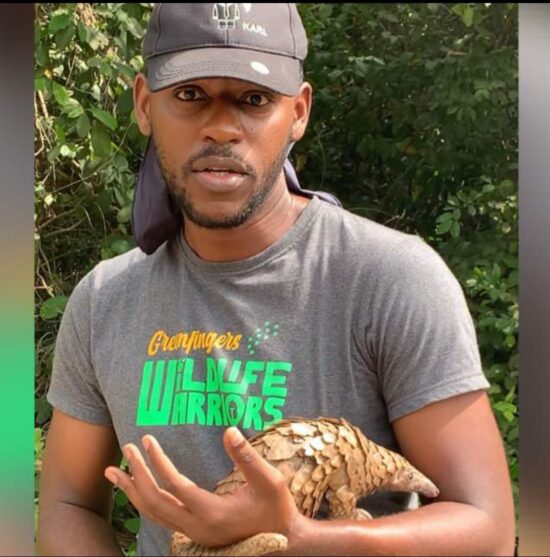
Subsequently, he began teaching at a private secondary school, and upon request, was given an empty space behind the school building which he converted into a wildlife sanctuary. He said he used his salary to build the place from the ground up – planting trees and making it conducive for animals.
“When we started, we were working with just birds. We grew to work with smaller mammals; we’ve grown to work with reptiles, bigger birds, and bigger mammals. We now work with endangered species also and it keeps growing year in, year out,” he said.
Advertisement
He recalled that in the earlier stages of the sanctuary, his mother was still hesitant and maintained that he was just wasting his time because “nobody appreciates this in Nigeria”.
NIGERIA’S EDUCATION SYSTEM DEVOID OF CONSERVATION STUDIES
Although Mogbo’s mother changed her perspective over time, he worries that the mindset that animal conservation is a waste of time is one that holds sway among many Nigerians. He said this is because the Nigerian educational system does not make provision for conservation to be taught in schools. Even when they do, it is mostly insufficient to have a lasting effect.
“Being a teacher, I have looked and seen that in the educational system of Nigeria, there is no conservation culture. There is nothing that talks about conservation. Even if it’s there, it is very little and trivial to the point that a lot of teachers can miss talking about it,” Mogbo noted.
He added that this needs to change as “it is quite impossible for any civilised nation to think that we can actually expect something different when the educational system does not cater for these kinds of things.”
This is why Mogbo decided to open up the sanctuary to the public for educational purposes. This way, he can train the next generation of conservation champions who will grow to see it as a necessity to protect and preserve wildlife.
“We really need to educate the future generations to rise up and take charge and be responsible and do things that will support the environment, wildlife and the conservation of our natural resources and sustenance of our biodiversity,” the conservationist said.
The sanctuary, which has existed for a decade and has over 200 animals of different species, has now become an education hub for pupils and students from different schools and institutions who visit on learning excursions.
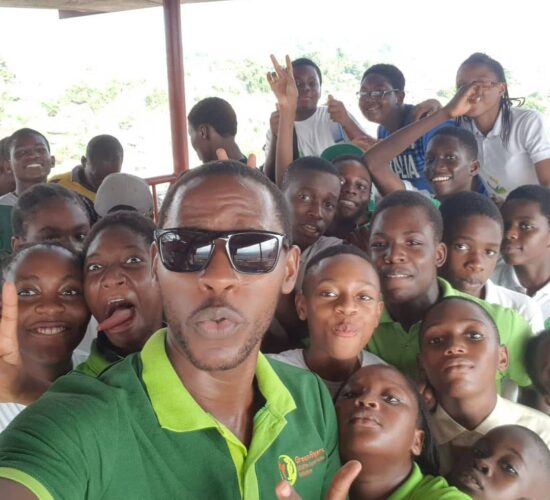
As a way of giving back, Mogbo said he ensures that for every private school that pays to visit the sanctuary, there is a free excursion for a public school. That way no child is left behind.
CULTURAL PRACTICES EMBOLDEN WILDLIFE CRIMES
Nigeria is notorious for being a key source, destination and transit route for international illegal wildlife trade. In 2021, the federal government launched a national strategy to combat wildlife and forest crime in Nigeria. The strategy stated that “by 2026, Nigeria would have made demonstrable progress in reducing wildlife crimes.”
But Mogbo is of the view that this feat is not achievable given the cultural and traditional atmosphere that has vilified lots of animals in Nigeria.
“People feel that our forefathers used to eat these things, we should also be eating them. They will always be there. But that is not the case, because we clearly see that most of these animals have disappeared from Nigeria,” he said.
“This is not me being pessimistic but I don’t believe that Nigeria will be able to surpass or achieve that goal. Laws are there but they are not being enforced; endangered species are being killed every day in Nigerian markets. Nobody is checking it or regulating it. We really have a long way to go.”
He said there is a need for a holistic approach to the problem. One, he said, is to close the knowledge and awareness gap so people can begin to understand and appreciate the need for conserving these animals.
“People need to know that these animals help to balance the ecosystem. For example, vultures help in picking up dead and decaying things that can cause the spread of diseases; pangolins are natural pest control and elephants help in preserving forests. Their roles are diverse and we might not immediately see them,” Mogbo stated.
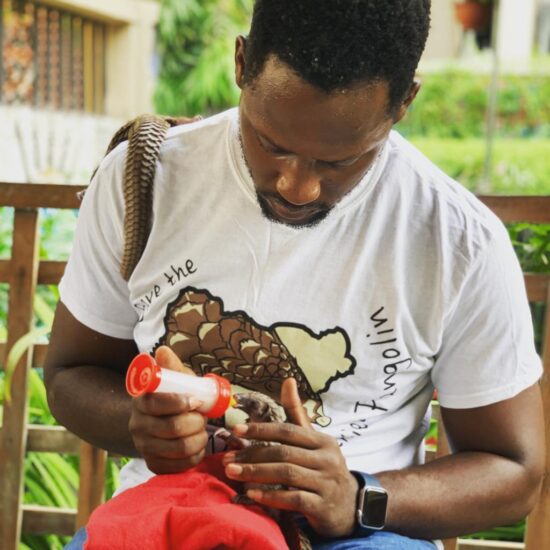
‘TENDING TO A NATION’S PROBLEM WITH MY RESOURCES’
Mogbo currently runs the sanctuary under a non-governmental organisation (NGO) known as GreenFingers Foundation, but he said it has been difficult attracting funding. He said despite not receiving any support, his organisation has had to support the federal government’s conservation strides with its resources.
Mogbo said sometimes when a wildlife rescue is made by the government, it is brought to the sanctuary to be catered for without any monetary allocation.
“We’ve had to even help the government at our own expense. So, the government will make the seizure of some animals and not know what to do with them. They bring them to us and we take in these animals and we have to provide for them,” he said.
“Now, these are problems we need to seriously address because as a private individual, I am working. I’m trying to fend for the animals within our care, but I’m also tending to a nation’s problem with my own resources. And I think that’s a problem.”
In a bid to save as many animals as possible, Mogbo has volunteers positioned at strategic places to alert him of trafficking or poaching attempts by unbecoming individuals. However, Mogbo said he also faces difficulty trying to rescue these animals such as sea turtles — which are endangered species — from poachers. Sometimes, with a threat to his life, Mogbo pays for the animals before he is able to make some of his rescues.
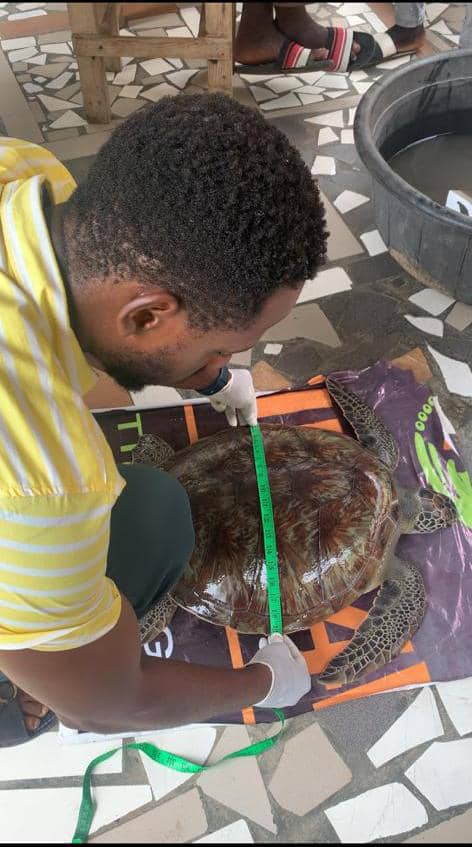
Despite these challenges, Mogbo’s passion has kept him going. But he says funding support and better education of Nigerians can make conservation go farther than where it already is. It could also lead to a reduction in wildlife crimes, he said.
In all, Mogbo said he is still that boy who grew up not wanting to hang out with anybody but watching animal channels because he “was fascinated by everything that wasn’t in human form”. To him, he has discovered his path and would keep investing in the planet through it, while wishing everyone can catch the vision.
Add a comment
